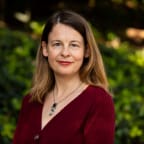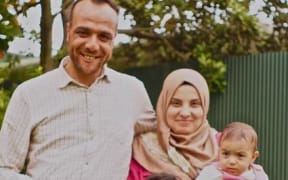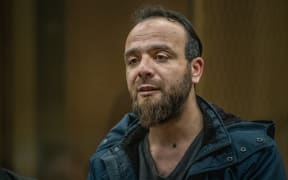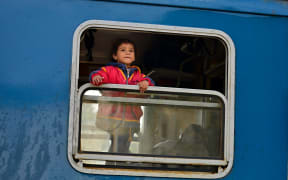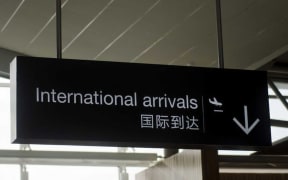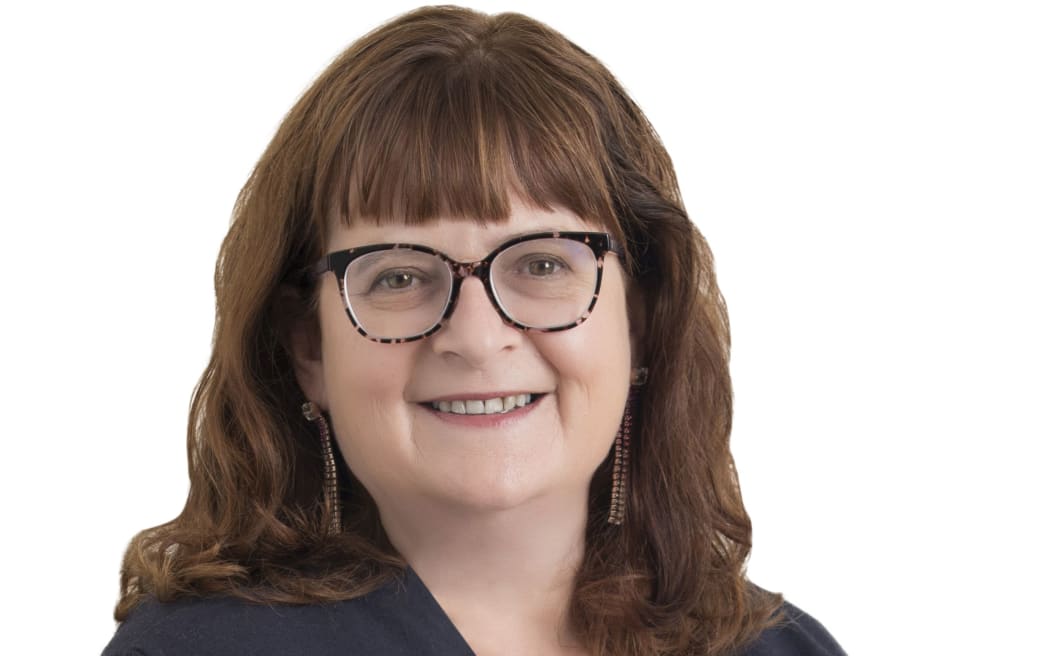
Lorna Johnson is a Palmerston North city councillor and was already part of a trust that helps reunify refugee families. Photo: Supplied
When Lorna Johnson was told the refugee sponsorship programme was being extended, she knew she wanted to get involved.
She posted on her Facebook page and more than a dozen people responded. Now, a group of seven of them are getting ready to welcome their first refugee family in Palmerston North.
Twenty-one groups and businesses will host refugees under the government's new community sponsorship scheme.
The extended pilot, run by the Ministry of Business, Innovation and Employment through HOST International Aotearoa, will welcome 150 refugees over three years.
Community sponsors can nominate refugees they want to bring in, or are matched with a refugee family by United Nations High Commissioner for Refugees (UNHCR) before they come to New Zealand.
Individuals can join an existing sponsorship group to support a refugee family to find jobs and homes, enrol with schools and doctors, and make new friends.
HOST national programme manager Birgit Grafarend-Watungwa said it had proved very popular.
"We've been blown away by the interest over the last few months, and that's been really amazing - seeing that wide range of organisations, communities across the country - not just in the cities but also in smaller regions - coming on board and wanting in a humanitarian way to resettle refugees.
"We have faith based organisations, we have businesses, we have ethnic background communities, we have refugee-led organisations, and they are all across the country as well."
Johnson is a Palmerston North city councillor and was already part of a trust that helps reunify refugee families. Five of her group are migrants, two are born in New Zealand and at least one has refugee experience.
"When the extended pilot was approved, I thought that actually it would be a good idea to start a community refugee sponsorship group in Palmerston North. So I got a group of friends together who were keen. Two of the people in my group are members of the Pakistan-New Zealand Friendship Association, so we approached them and they were very happy to be our kind of umbrella group.
"I just know how important it is for people to get a good start when they come to New Zealand, to have support, to be linked into services, to make friends, feel welcomed. And I want to be able to provide a really good experience for somebody that needs to be resettled - we know we can't resettle every refugee in the world, but we can help some people.
"All I did was just put it on my personal Facebook to say, look, I'm really wanting to do this, is anybody keen to do it with me?"
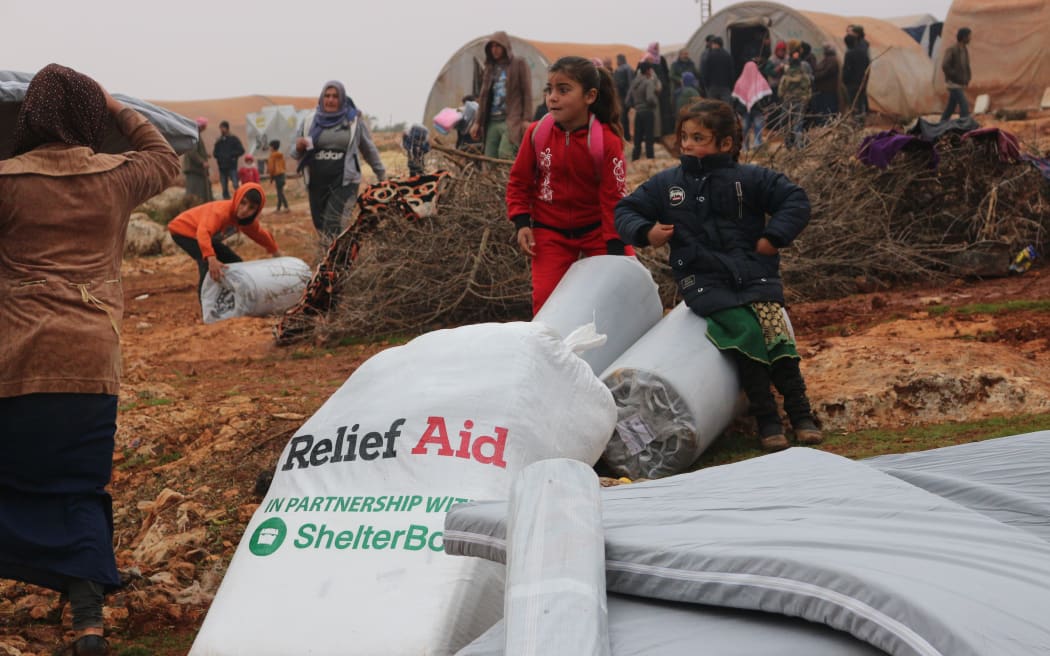
Aid distribution in Syria by ReliefAid Photo: Supplied
The 150 refugees who will arrive in the nationwide Community Organisation Refugee Sponsorship (CORS) scheme are in addition to the 1500-a-year quota refugees, and have different criteria.
They include being aged under 45, understanding basic English and having either work skills or a tertiary education.
A smaller pilot scheme in 2018 welcomed families, including some from war-torn Syria.
The Palmerston North group do not yet know who their family are or where they are from - UNHCR will choose and Immigration New Zealand will check their eligibility first.
"We decided that we wanted to go through the matched pathway and the reason for that is that is it means that we're not put in a difficult situation having to choose one family over another. UNHCR will recommend a family to us, and that will be the family that we'll sponsor.
"You have to put together a whole settlement plan, looking at every aspect of how you'll support the family when they arrived. Everything from financial to enrolling children in school, to health care, to supporting them with employment. Any aspect of resettlement you can think of - we've already had to research what's available locally and look at how we would support the family."
